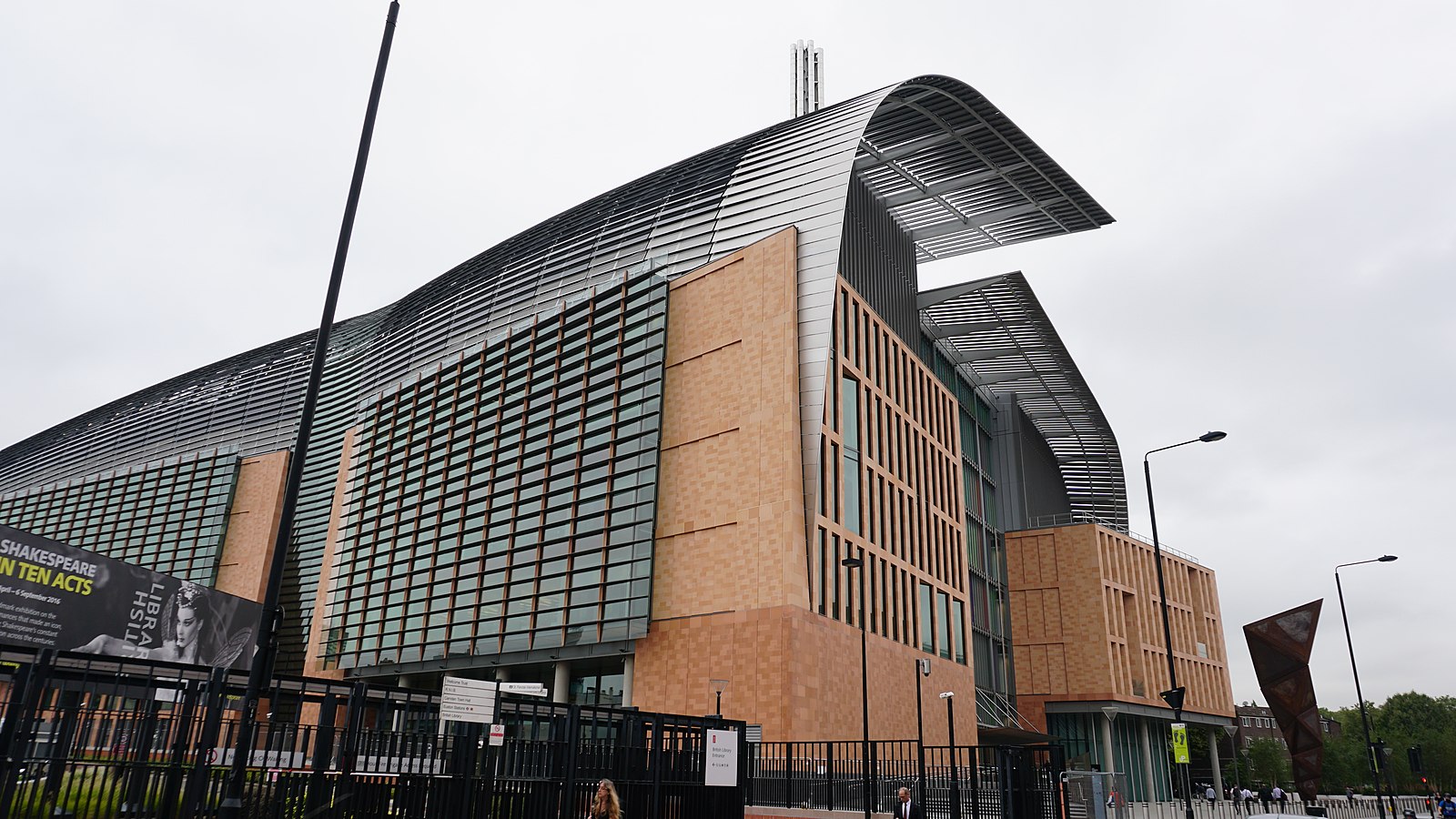Human genome editing: From the First to the Third International Summit
By Françoise Baylis,
Impact Ethics
| 03. 22. 2023
photo by Miguel Descart licensed under CC BY-SA 2.0
In early March, I was in London, England for the Third International Summit on Human Genome Editing. It was a welcome occasion to see friends and colleagues and to advance discussion and debate on research involving somatic, germline, and heritable human genome editing.
Somatic human genome editing involves the genetic modification of somatic (nonreproductive) cells. Changes made to these cells are not passed on to subsequent generations. Germline human genome editing involves the genetic modification of reproductive cells (eggs and sperm) or early stage (one-cell) embryos. This research occurs in the lab and when the research is done the modified cells are discarded. Heritable human genome editing involves the transfer of genetically modified reproductive cells to a uterus in the hope of creating genetically modified children.
In this brief commentary, I share my reflections on two of the many successes of the Third International Summit: (1) increased focus on the science, ethics, and governance of somatic human genome editing and (2) public acknowledgment of the need for further discussion and...
Related Articles
By David Jensen, California Stem Cell Report | 02.10.2026
Touchy issues involving accusations that California’s $12 billion gene and stem cell research agency is pushing aside “good science” in favor of new priorities and preferences will be aired again in late March at a public meeting in Sacramento.
The...
By Alex Polyakov, The Conversation | 02.09.2026
Prospective parents are being marketed genetic tests that claim to predict which IVF embryo will grow into the tallest, smartest or healthiest child.
But these tests cannot deliver what they promise. The benefits are likely minimal, while the risks to...
By Mike McIntire, The New York Times | 01.24.2026
Genetic researchers were seeking children for an ambitious, federally funded project to track brain development — a study that they told families could yield invaluable discoveries about DNA’s impact on behavior and disease.
They also promised that the children’s sensitive...
By Arthur Lazarus, MedPage Today | 01.23.2026
A growing body of contemporary research and reporting exposes how old ideas can find new life when repurposed within modern systems of medicine, technology, and public policy. Over the last decade, several trends have converged:
- The rise of polygenic scoring...




